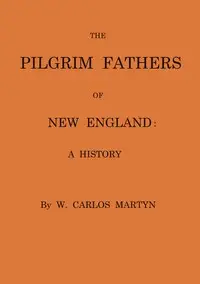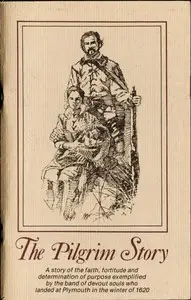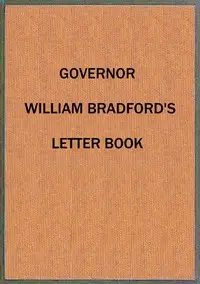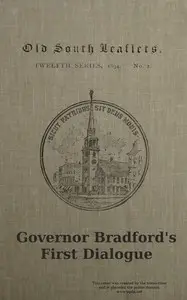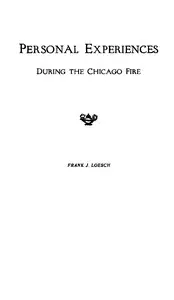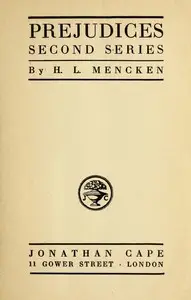"Bradford's History of 'Plimoth Plantation'" by William Bradford is a historical narrative capturing the origins and progression of the Plymouth Colony. Detailing the Pilgrims' arduous journey from England to the New World, the historical account grants a window into the settlers' lives and their collective efforts to build a society rooted in deeply held religious beliefs. It sets the stage by illuminating the motivations driving the Pilgrims' departure, emphasizing the religious oppression they faced in England. Their pursuit of religious purification led to their separatist movement, ultimately pushing them to seek refuge elsewhere; Bradford underscores that their voyage was both a physical and spiritual endeavor, aimed at securing the liberty to practice their faith freely, unburdened by the dictates of the Church of England.

Bradford's History of 'Plimoth Plantation' From the Original Manuscript. With a Report of the Proceedings Incident to the Return of the Manuscript to Massachusetts
By William Bradford
Driven by religious persecution, a group of English settlers brave treacherous seas and face immense hardship to forge a new life in an unfamiliar world, all in pursuit of spiritual freedom.
Summary
About the AuthorWilliam Bradford was an English Puritan Separatist originally from the West Riding of Yorkshire in Northern England. He moved to Leiden in Holland in order to escape persecution from King James I of England, and then emigrated to the Plymouth Colony on the Mayflower in 1620. He was a signatory to the Mayflower Compact and went on to serve as Governor of the Plymouth Colony intermittently for about 30 years between 1621 and 1657. He served as a commissioner of the United Colonies of New England on multiple occasions and served twice as president. His journal Of Plymouth Plantation covered the years from 1620 to 1646 in Plymouth.
William Bradford was an English Puritan Separatist originally from the West Riding of Yorkshire in Northern England. He moved to Leiden in Holland in order to escape persecution from King James I of England, and then emigrated to the Plymouth Colony on the Mayflower in 1620. He was a signatory to the Mayflower Compact and went on to serve as Governor of the Plymouth Colony intermittently for about 30 years between 1621 and 1657. He served as a commissioner of the United Colonies of New England on multiple occasions and served twice as president. His journal Of Plymouth Plantation covered the years from 1620 to 1646 in Plymouth.





